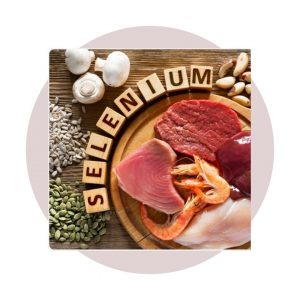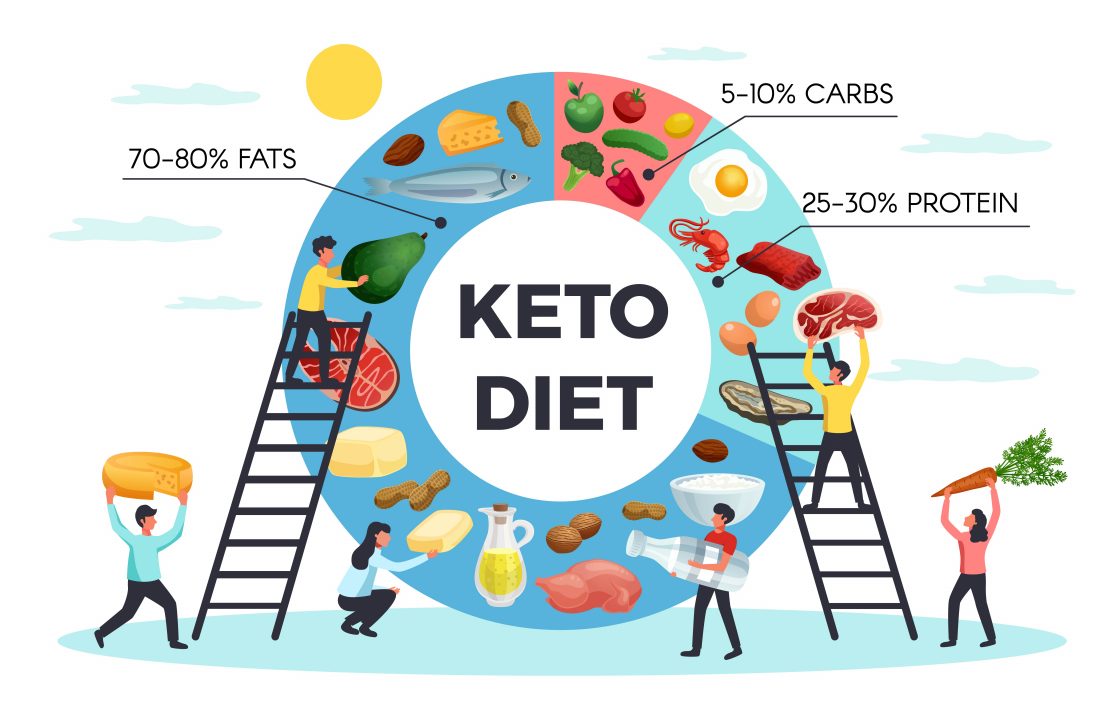Hypothyroidism, or an underactive thyroid, is a health condition that affects 1–2% of people worldwide.
It can cause symptoms like tiredness, weight gain, and feeling cold, among many others.

Iodine is an essential mineral that is needed to make thyroid hormones. Thus, people with iodine deficiency might be at risk of hypothyroidism. If you have an iodine deficiency, consider adding iodized table salt to your meals or eating more iodine-rich foods like seaweed, fish, dairy, and eggs.

Selenium helps “activate” thyroid hormones so the body can use them.
Adding selenium-rich foods to your diet is a great way to boost your selenium levels. This includes Brazil nuts, tuna, sardines, eggs, and legumes.
Like selenium, zinc helps the body “activate” thyroid hormones.
Zinc deficiencies are rare in developed countries, as zinc is abundant in the food supply.
Nonetheless, if you have hypothyroidism, aim to eat more zinc-rich foods like oysters and other shellfish, beef, and chicken.
Goitrogens are compounds that may interfere with the normal function of the thyroid gland.
They get their name from the term goiter, an enlarged thyroid gland that may occur with hypothyroidism.
Surprisingly, many common foods contain goitrogens, including:
- Soy foods: tofu, tempeh, edamame.
- Certain vegetables: cabbage, broccoli, kale, cauliflower, spinach.
- Fruits and starchy plants: sweet potatoes, cassava, peaches, strawberries.
- Nuts and seeds: millet, pine nuts, peanuts.

Concision:
Fortunately, eating the proper nutrients and taking medications may help reduce your symptoms and improve your thyroid function.
Nutrients that are great for your thyroid are iodine, selenium, and zinc.
Following a thyroid-friendly diet can minimize your symptoms and help you manage your weight. It encourages eating whole, unprocessed foods, and lean protein.
References:
https://www.ncbi.nlm.nih.gov/pmc/articles/PMC7282437/
https://www.food.actapol.net/volume20/issue4/abstract-1.html
http://jhsm.san.edu.pl/wp-content/uploads/2020/08/JHSM-14-text-7.pdf




